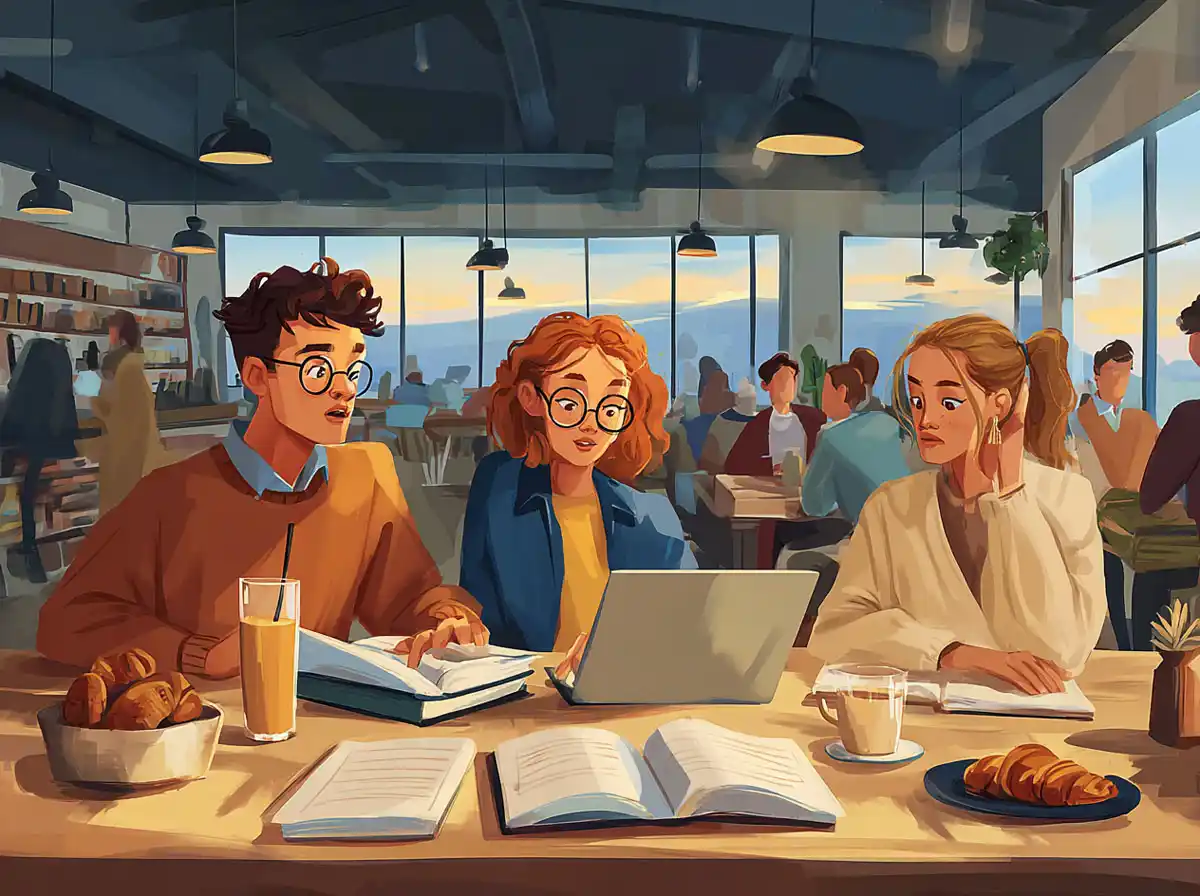### Basic School-Related Vocabulary
School in Romanian is “școală”. If you are looking to find a school, you might ask, “Unde este cea mai apropiată școală?” which means “Where is the nearest school?” Classrooms, or “săli de clasă”, are where most of the learning occurs. A typical sentence you might hear is “Elevii sunt în sala de clasă,” translating to “The students are in the classroom.”
Teachers, known as “profesori” (singular: profesor), play a crucial role. If you need to speak with a teacher, you could say, “Aș vrea să vorbesc cu un profesor,” meaning “I would like to speak with a teacher.” Students, or “elevi” (singular: elev), also form the crux of the school community. A common interaction between a teacher and a student might be, “Elevul trebuie să învețe mai mult,” which translates to “The student needs to study more.”
### Essential Phrases in a Classroom
Moving deeper into the classroom environment, let’s explore phrases that could be used daily. For asking questions in class, one might say, “Am o întrebare,” which means “I have a question.” When homework is due, the teacher might remind the students, “Tema trebuie predată mâine,” translating to “The homework is due tomorrow.”
Group work is also a common method of learning in Romanian schools. During such activities, a teacher might say, “Lucrați în grupuri,” which means “Work in groups.” For students who need extra help, the phrase “Am nevoie de ajutor,” or “I need help,” will be very useful.
### Discussing Subjects and Specializations
In educational settings, discussing subjects and specializations is common. If you’re interested in mathematics, you would talk about “matematică”. A student might say, “Matematica este subiectul meu preferat,” which means “Mathematics is my favorite subject.” For those leaning towards the sciences, “științele” are discussed frequently. A sentence you might hear could be “Îmi plac științele,” translating to “I like the sciences.”
Languages, or “limbi străine”, are also an essential part of the Romanian curriculum. If you are learning English, you might say, “Învăț limba engleză,” which means “I am learning English.” Literature, referred to as “literatură”, is another critical subject. A literature teacher might say, “Vom citi un roman săptămâna aceasta,” meaning “We will read a novel this week.”
### School Supplies and Materials
Having the right supplies is crucial. School supplies, or “rechizite școlare”, include items like “creioane” (pencils), “cărți” (books), and “caiete” (notebooks). If a student needs a pen, they might ask, “Ai un pix pe care îl pot folosi?” which translates to “Do you have a pen I can use?”
For art classes, materials like “vopsea” (paint) and “pensule” (brushes) are common. An art teacher might instruct, “Folosiți pensulele pentru a picta,” which means “Use the brushes to paint.”
### Navigating the School Year
The school year, or “anul școlar”, is filled with various activities and requirements. If discussing the start of the school year, one might say, “Anul școlar începe în septembrie,” which translates to “The school year starts in September.” Exams, or “examene”, are a significant part of the academic journey. A typical encouragement from a teacher could be, “Studiați bine pentru examene,” meaning “Study well for the exams.”
Graduation, known as “absolvire”, is a milestone in every student’s life. Discussing future plans, a student might say, “După absolvire, planuiesc să merg la universitate,” which means “After graduation, I plan to go to university.”
### Conclusion
Learning Romanian for educational settings not only enhances communication but also deepens the understanding of Romanian culture and educational practices. Whether you are a student planning to study in Romania, an educator working with Romanian students, or simply a language enthusiast, mastering these words and phrases will undoubtedly aid in your educational and linguistic journey. As you continue to explore and learn, remember that practice is key to fluency. Happy learning!










